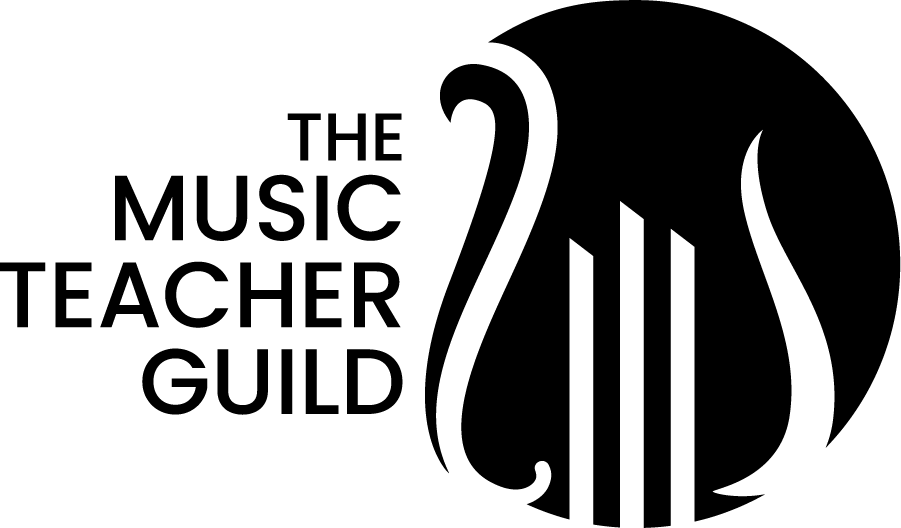Exploring Job Growth Resources for Music Teachers
As the demand for music education continues to rise, skilled music teachers have more career opportunities than ever before. However, staying competitive in this expanding field requires more than just passion and talent—it also means knowing where to find the right resources for job growth. Whether you're a seasoned educator looking to advance your career or a new teacher searching for your first role, having access to the best job growth resources is essential. From job search platforms to professional development opportunities, this guide explores the tools you need to thrive as a music teacher.
The Growing Demand for Music Teachers
Trends in Music Education
Music education has experienced a resurgence in recent years. From public schools to private music academies, the inclusion of music in curricula is gaining traction as educational institutions recognize its benefits for cognitive development and emotional well-being. Music programs are expanding, creating a need for qualified educators who can teach various instruments, vocal techniques, and even music theory. This rise in demand has also opened up opportunities for teaching across different educational levels, from elementary music classes to college-level instruction.
With the growing popularity of after-school music programs, private lessons, and online music instruction, music teachers have an ever-expanding list of opportunities to choose from. Keeping up with these trends is crucial for educators looking to maximize their career growth.
Areas with High Job Growth
While the demand for music teachers is increasing overall, certain areas and roles are seeing particularly strong growth. For instance, regions that are investing heavily in arts education, such as states with robust music programs (California, Texas, and New York), offer a wealth of opportunities. Private schools and specialized arts academies are also seeking talented teachers.
Additionally, online music instruction has become a booming field. Teachers who can offer remote lessons are tapping into a global market, allowing them to reach students beyond their local area. This flexible, digital teaching format has become especially important post-pandemic, and educators who embrace technology are finding themselves in high demand.
Top Job Growth Resources for Music Teachers
Job Search Platforms for Music Teachers
When it comes to finding new teaching positions, job-specific platforms are an invaluable resource. These websites are designed to connect music teachers with schools, institutions, and private clients:
NAfME Job Board: The National Association for Music Education (NAfME) offers a job board where music teachers can find roles ranging from classroom teaching to administrative positions in music education.
HigherEdJobs: For those seeking college-level teaching positions, HigherEdJobs provides listings for faculty roles at universities and colleges across the country.
SchoolSpring: This platform specializes in K-12 education roles and often features job postings for music educators in both public and private schools.
Indeed and LinkedIn: While these general platforms are not music-specific, they are still excellent resources for finding a wide range of teaching jobs. Setting up job alerts tailored to “music teacher” or “music education” can help keep you in the loop on relevant opportunities.
Professional Development for Career Advancement
One of the most effective ways to grow your career as a music teacher is through professional development. Many free and paid resources are available to help you expand your skillset and become more marketable to potential employers:
Coursera and edX: These platforms offer a wide array of free and paid courses in music theory, music education techniques, and even music technology, which can help broaden your expertise and attract more job opportunities.
NAfME Webinars: NAfME provides regular webinars that cover various aspects of music education, from classroom management to using technology in lessons.
The International Society for Music Education (ISME): ISME offers a range of professional development opportunities, including international conferences, webinars, and access to research in music education.
By participating in these programs, music teachers can stay current with the latest educational trends, acquire new certifications, and build credentials that will impress future employers.
Networking and Music Education Communities
Networking is an often overlooked but critical aspect of job growth. Connecting with fellow music educators, school administrators, and potential employers can help you learn about job openings, collaborate on projects, and gain insights into industry trends. Here are some great places to start:
Facebook Groups and LinkedIn Communities: Many groups are dedicated to music educators, providing a platform to share resources, job leads, and professional advice.
State and National Music Education Associations: These organizations often host local events, conferences, and meetups where music teachers can network and share ideas. Associations like the American Orff-Schulwerk Association (AOSA) or the Kodály Educators Association also offer a network of professionals with similar interests.
Music Education Conferences: Attending national conferences such as NAfME’s annual events allows teachers to engage with other professionals, learn from industry leaders, and discover job opportunities within the music education space.
Building these relationships can be vital for career advancement, opening doors to new teaching roles or collaborations that you might not have found through traditional job search methods.
How to Use These Resources Effectively
Building a Strong Resume and Portfolio
Having access to job growth resources is only useful if you can present yourself effectively to potential employers. A strong resume and portfolio can make all the difference when applying for new positions. Make sure your resume highlights your teaching experience, musical expertise, and any professional development or certifications you’ve completed.
In addition to a traditional resume, building a portfolio can help set you apart. Include examples of your lesson plans, videos of your performances or classroom teaching, and testimonials from former students or employers. For those looking into online teaching, a well-organized digital portfolio can showcase your skills and attract students or employers from all over the world.
Creating a Career Development Plan
To truly capitalize on the resources available, music teachers should create a structured career development plan. Start by setting both short- and long-term goals—whether it's gaining certification in a new teaching method, expanding your repertoire, or securing a job in a new region. Then, identify which resources you’ll use to achieve those goals.
For example, if your goal is to teach at a university level, focusing on professional development programs that offer advanced pedagogy training or music theory certifications can give you the qualifications needed for higher education roles. If you want to grow a private teaching practice, networking through online communities and enhancing your digital teaching skills with online courses will help you build a successful career.
Conclusion
With the growing demand for skilled music teachers, now is the perfect time to explore the many resources available to help you grow your career. From job-specific platforms to professional development opportunities and networking communities, there are countless ways for music teachers to expand their skillsets and find new teaching opportunities.
By using these resources effectively, building a strong resume and portfolio, and creating a personalized career development plan, music teachers can stay competitive in the ever-evolving field of music education. Whether you're just starting or looking to advance, taking advantage of these job growth resources is the key to long-term success.

